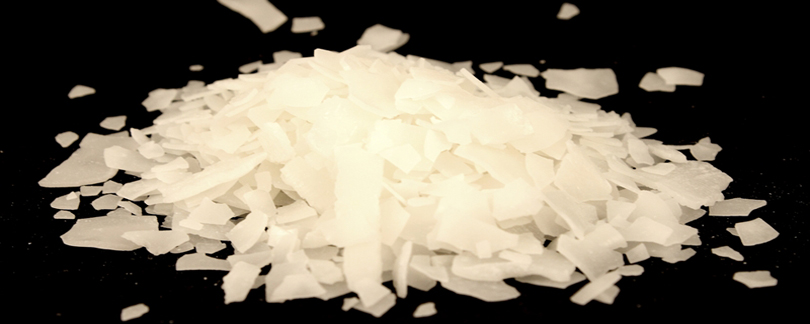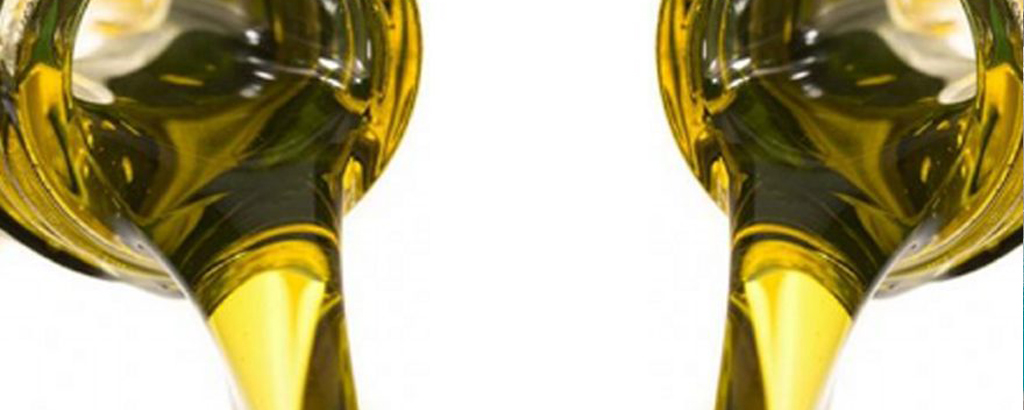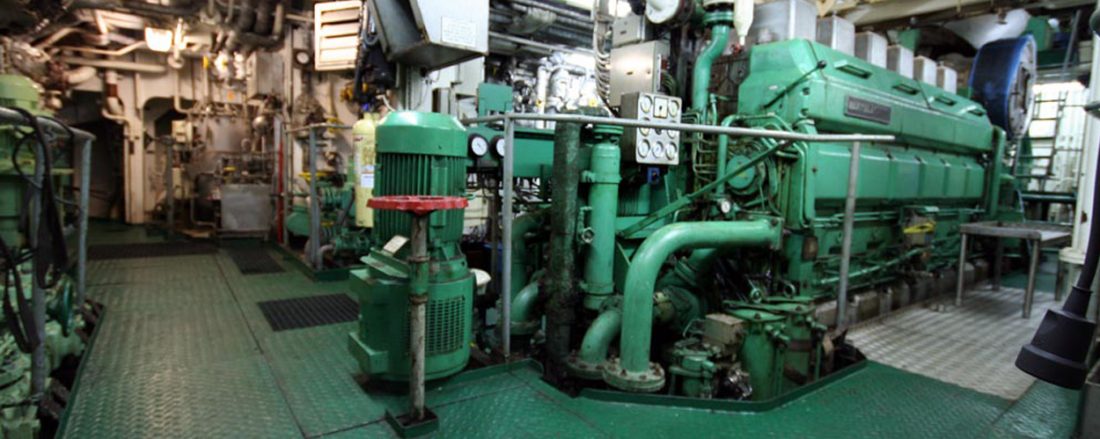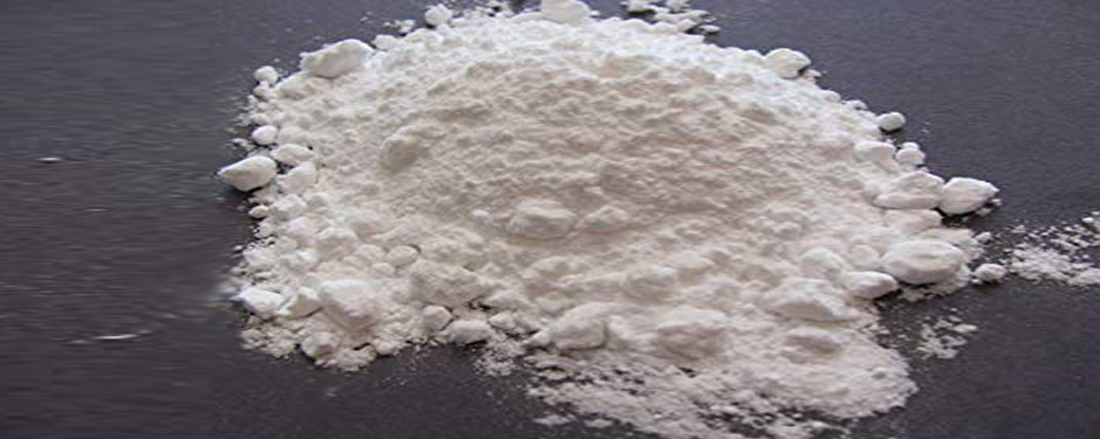Kenya Chemical is one of the leading Sulphuric Acid Exporters, Manufacturers, Suppliers, and Producers in Mombasa, Kisumu, Nakuru, Eldoret, Malindi, and Nairobi Kenya. We are supplied to various industrial markets including Household, Institutional Cleaning, Personal Care, and Industrial sectors including Oil fields, chemical, Animal feed additive, Food additive, Agrochemical, Fertilizer, pharmaceuticals, water treatment, Minerals, Lubricants, Marine Industry, Metal Working chemical industry, and Coatings markets.
Sulphuric Acid is a Colourless viscous corrosive oily liquid. A molecule of Sulphuric Acid, H2SO4, consists of two atoms of hydrogen, one atom of Sulphur and four atoms of oxygen. Sulphuric Acid is the strong acid produced by dissolving Sulphur trioxide in water.
Specifications
Molecular formula: H2SO4
Molecular weight: 98.07
Density: 1.84 g/cm³,
Melting point: 10 °C,
Molar mass: 98.079 g/mol,
IUPAC ID: Sulfuric Acid,
Boiling point: 337 °C,
Classification: Sulfuric Acids
CAS No.: 7664-93-
Applications
1, In the chemical industry is the manufacture of chemical fertilizers, inorganic, synthetic fiber, dyes, medicines and food industry's raw materials.
2, In the oil industry for refining petroleum products.
3, In the defense industry, used in the manufacture of explosives, poisons, such as Smoke.
4, in the metallurgical industry for smelting pickling.
5, In the textile industry for dyeing and bleaching, and so on.
Useage
It can be used to manufacture fertilizer, medicine, explosive, pigment, detergent, battery, etc. It is also widely used in oil purification, metal smelting and dye industry.It is often used as chemical reagent, dehydrating agent and sulfonating agent in organic synthesis.
.Application
In the production process of petroleum products such as gasoline lubricating oil used in the petroleum industry, concentrated sulfuric acid refining is required to remove sulfur compounds and unsaturated hydrocarbons. Sulfuric acid is about 24kg per ton of crude oil refining, and 31kg per ton of diesel refining is required for the preparation of activated clay used in the petroleum industry, which also consumes a lot of sulfuric acid.
Used in the dye industry barely a dye (or its intermediates) preparation does not need to use sulfuric acid azo dye intermediates in the preparation of the need for sulfonation reaction, the preparation of aniline dyes intermediates to nitration reaction, both are need to use a large amount of sulfuric acid or fuming sulfuric acid so some dye factory is equipped with sulphuric acid workshop, to meet the needs.
Many pesticides are used in the production of pesticides with sulfuric acid as raw materials, such as copper sulfate, zinc sulfate can be used as plant fungicide, thallium sulfate can be used as a raticide, ferrous sulfate can be used as the most common insecticides, such as 1059 emulsion (45%) and 1605 emulsion (45%) production of sulfuric acid.
Industrial cleaning agent
Sulfuric acid is used in large quantities by the iron and steelmaking industry to remove oxidation, rust, and scaling from rolled sheet and billets prior to sale to the automobile and major appliances industry.[citation needed] Used acid is often recycled using a spent acid regeneration (SAR) plant. These plants combust spent acid[clarification needed] with natural gas, refinery gas, fuel oil or other fuel sources. This combustion process produces gaseous sulfur dioxide (SO2) and sulfur trioxide (SO3) which are then used to manufacture "new" sulfuric acid. SAR plants are common additions to metal smelting plants, oil refineries, and other industries where sulfuric acid is consumed in bulk, as operating a SAR plant is much cheaper than the recurring costs of spent acid disposal and new acid purchases.
Hydrogen peroxide (H2O2) can be added to sulfuric acid to produce piranha solution, a powerful but very toxic cleaning solution with which substrate surfaces can be cleaned. Piranha solution is typically used in the microelectronics industry, and also in laboratory settings to clean glassware.
Domestic uses
Sulfuric acid at high concentrations is frequently the major ingredient in acidic drain cleaners which are used to remove grease, hair, tissue paper, etc. Similar to their alkaline versions, such drain openers can dissolve fats and proteins via hydrolysis. Moreover, as concentrated sulfuric acid has a strong dehydrating property, it can remove tissue paper via dehydrating process as well. Since the acid may react with water vigorously, such acidic drain openers should be added slowly into the pipe to be cleaned.
Catalyst
Sulfuric acid is used for a variety of other purposes in the chemical industry. For example, it is the usual acid catalyst for the conversion of cyclohexanone oxime to caprolactam, used for making nylon. It is used for making hydrochloric acid from salt via the Mannheim process. Much H2SO4 is used in petroleum refining, for example as a catalyst for the reaction of isobutane with isobutylene to give isooctane, a compound that raises the octane rating of gasoline (petrol). Sulfuric acid is also often used as a dehydrating or oxidizing agent in industrial reactions, such as the dehydration of various sugars to form solid carbon.
Industrial production of chemicals
The major use for sulfuric acid is in the "wet method" for the production of phosphoric acid, used for manufacture of phosphate fertilizers. In this method, phosphate rock is used, and more than 100 million tonnes are processed annually. This raw material is shown below as fluorapatite, though the exact composition may vary. This is treated with 93% sulfuric acid to produce calcium sulfate, hydrogen fluoride (HF) and phosphoric acid. The HF is removed as hydrofluoric acid. The overall process can be represented as:
Ammonium sulfate, an important nitrogen fertilizer, is most commonly produced as a byproduct from coking plants supplying the iron and steel making plants. Reacting the ammonia produced in the thermal decomposition of coal with waste sulfuric acid allows the ammonia to be crystallized out as a salt (often brown because of iron contamination) and sold into the agro-chemicals industry.
Another important use for sulfuric acid is for the manufacture of aluminium sulfate, also known as paper maker's alum. This can react with small amounts of soap on paper pulp fibers to give gelatinous aluminium carboxylates, which help to coagulate the pulp fibers into a hard paper surface. It is also used for making aluminium hydroxide, which is used at water treatment plants to filter out impurities, as well as to improve the taste of the water. Aluminium sulfate is made by reacting bauxite with sulfuric acid:
We are trying our best to supply every chemical you may wish to buy. However, if there is something you can’t find, feel free to contact us and we will find just what you are looking for and offer you a competitive price. We guarantee that 100% of your parcel passes through the MOMBASA, Westlands, Nairobi, Kenya, Rwanda, Uganda, Tanzania, Burundi, Congo, South Africa, South Sudan, Zambia, Nigeria, Namibia, Ghana, Malawi, Zimbabwe, Liberia, Ethiopia, Mozambique, Botswana, United States, Britain, Australia, Canada, Mexico, France, Germany, Spain, Belgium, Sweden, Poland, and Russia. We have large stocks in warehouses in the United States, Canada, Germany, and Mexico, and we can ship directly from overseas warehouses.
When you order in our company, we will immediately arrange shipment and update tracking information for you by email. In addition, we can also arrange door-to-door service delivering to your office or factory directly by our forwarders. For more information or to request a particular product, call customer services or Given website Email address.
mail@kenyachemical.com





